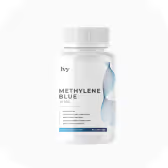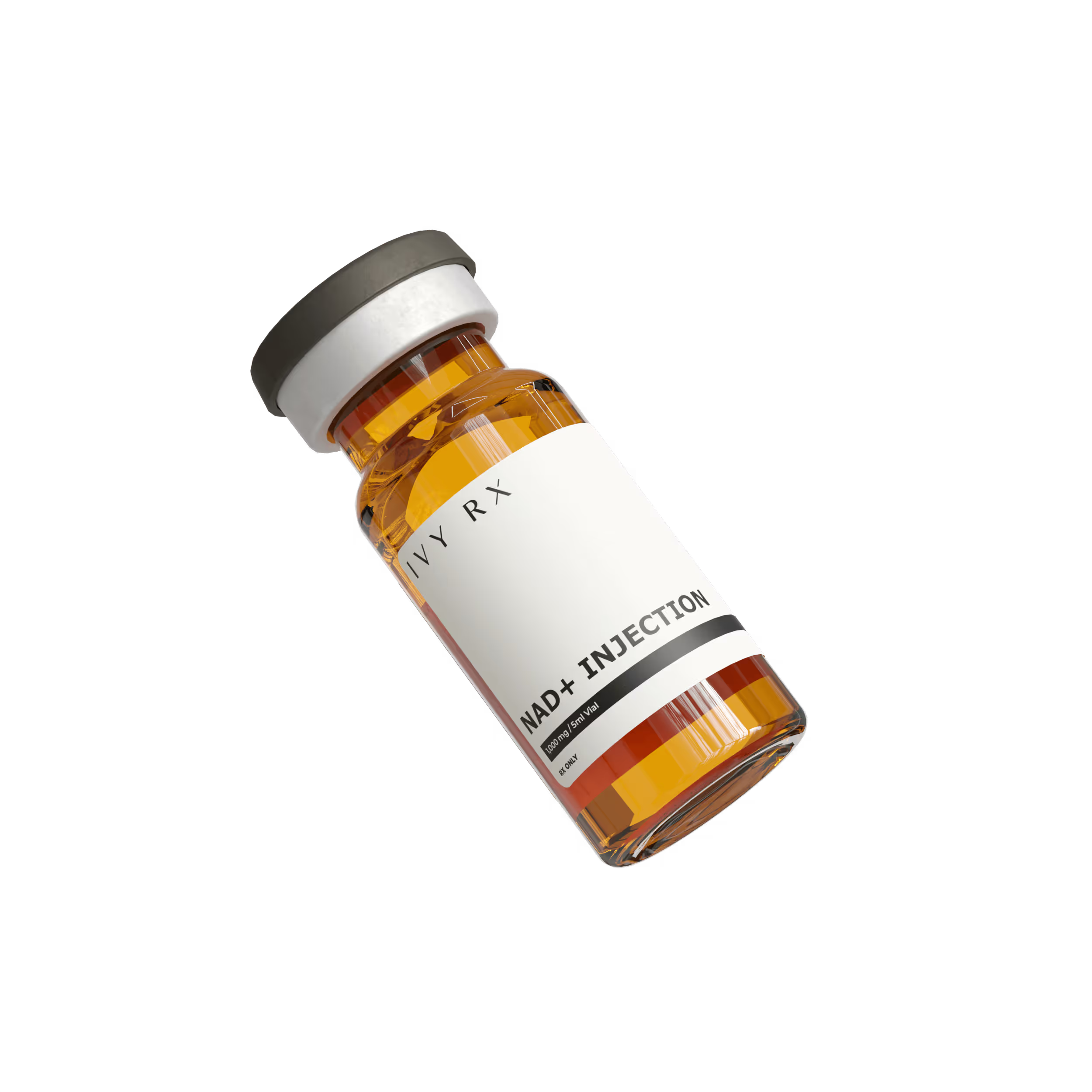Article Outline
Live longer with NAD+


What Is NAD+? How It Works For Longevity and Why it’s Important (Guide)
Feeling more tired than usual? Struggling with brain fog or wondering how to support your body as you age? Don’t worry, you’re not alone — and the answer may lie in something called NAD+.
NAD+ is a critical molecule that helps your cells produce energy, repair DNA, and maintain healthy brain function. But as we get older, our NAD+ levels drop — and so does our vitality.
In this article, we’ll break down exactly what NAD+ is, why it’s vital for health and longevity, and how to safely boost it through supplements, injections, and lifestyle changes. We’ll also cover potential side effects, recommended dosages, and how to get started with NAD+ the right way.
Let’s dive into how this small molecule could make a big difference in how you feel — now and in the years to come.
What is NAD+?
NAD+ (nicotinamide adenine dinucleotide) is a coenzyme found in every living cell. It plays a key role in converting nutrients into energy and is essential for countless cellular functions — from metabolism to DNA repair.
Think of it as your body’s power source assistant. Without enough NAD+, your cells struggle to do their jobs, leading to fatigue, slower healing, and signs of aging.
As we age, NAD+ levels naturally decline, but supporting these levels through lifestyle or supplementation may help restore vitality and slow the effects of aging.
NAD+ And Its Role In The Body
NAD+ is essential for keeping your body running smoothly at the cellular level. It’s involved in hundreds of biological processes that help you feel energized, focused, and resilient — and it plays a big role in supporting mental clarity as well.
Here’s how NAD+ supports your health:
- Energy metabolism: It helps convert food into usable energy by supporting mitochondrial function. As mitochondria decline with age, fatigue often sets in — NAD+ helps restore that cellular power.
- DNA repair: NAD+ activates enzymes (called sirtuins and PARPs) that repair damaged DNA, helping protect against age-related cellular damage and mutations over time.
- Brain health: NAD+ supports neurotransmitter production and protects against cognitive decline. This means better focus, memory, and long-term brain resilience.
- Cell protection: It helps regulate inflammation and oxidative stress — two key drivers of aging and chronic disease, from arthritis to Alzheimer’s.
Nad+ Benefits For Health & Longevity
Supports healthy aging
NAD+ helps protect cells from oxidative stress and inflammation, two major contributors to aging. By activating sirtuins (a family of proteins linked to longevity), it may help slow cellular aging and promote healthier function over time. These anti-aging effects are among the most widely researched benefits of NAD+.
Boosts energy and metabolism
As a coenzyme in mitochondrial energy production, NAD+ plays a direct role in how your body creates and uses energy. Many users report improved stamina and reduced fatigue when NAD+ levels are restored — whether through supplements, injection or nasal spray.
Enhances brain function
By supporting neurotransmitter activity and neuronal repair, NAD+ may improve focus, clarity, and memory — especially in older adults or those with cognitive decline.
May improve metabolic health
Some research suggests NAD+ may support insulin sensitivity and healthy blood sugar regulation, which could benefit those with metabolic syndrome or prediabetes. Emerging products like NAD face cream are also being explored for their potential metabolic and skin-supportive properties.
Side Effects & Risks Of Nad+
NAD+ is generally well tolerated, especially when taken at appropriate doses. However, like any supplement or therapy, side effects can occur — particularly with higher doses or IV infusions.
Mild side effects
- Nausea or upset stomach
Most common with oral supplements or high-dose injections. Taking NAD+ with food may help minimize this. - Flushing or warmth
Some people experience a flushing sensation (similar to niacin), especially with IV or fast infusion rates. - Fatigue or headache
Temporary fatigue or headache can occur as your body adjusts to changing NAD+ levels. Hydration and rest usually help resolve these symptoms quickly.
Less common but possible
- Muscle cramping or chest tightness
These are rare and usually tied to rapid infusion or incorrect dosage. Slowing the rate or spacing treatments further apart often helps. - Allergic reactions
Extremely rare, but always consult a healthcare provider if you notice swelling, rash, or difficulty breathing after NAD+ therapy.
Ivy Rx Pro tip: Always start low and go slow — especially with injections or IV treatments — to minimize potential side effects. People with chronic health conditions or those taking medication should talk to their doctor before starting NAD+ to avoid interactions or intensified side effects.
Dosage of NAD+
There’s no one-size-fits-all dosage for NAD+, as the right amount depends on your health goals, delivery method, and how your body responds. Here's a quick overview of typical dosing options.
Oral supplements
- 250–500 mg per day is a common starting point for general wellness.
- Can be taken with or without food, though many prefer with food to avoid nausea.
NAD+ injections
- 100–300 mg per injection, 1–3 times per week, is typical.
- Best administered under medical guidance to monitor effectiveness and tolerance.
IV infusions
- 250–750 mg per session, delivered over 1–2 hours.
- Often used in clinical settings for energy, recovery, or anti-aging support.
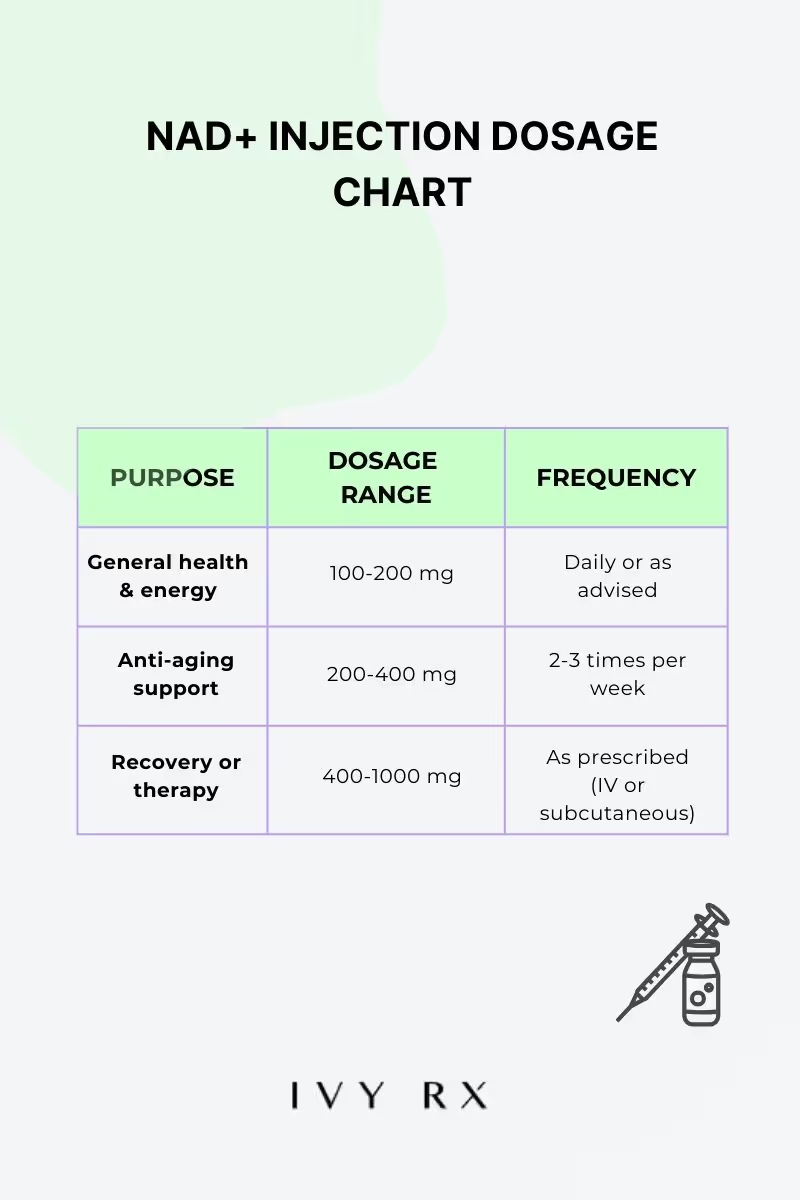
How You Can Get NAD+
If you're ready to start NAD+ therapy, there are several accessible options depending on your goals, preferences, and lifestyle. Here's how each method works — and how to get started.
At-home NAD+ injections
One of the most effective ways to increase NAD+ levels quickly. Ivy Rx offers prescription-grade NAD+ injections delivered straight to your door, complete with simple instructions for safe self-administration. This option is ideal if you want faster results for energy, mental clarity, or anti-aging benefits — without the need for clinic visits.

NAD nasal spray
Needle-free and easy to use, NAD nasal spray offers fast absorption through the nasal lining. It's a great option for daily maintenance and especially helpful for anyone just beginning NAD+ therapy or looking for a low-commitment way to support their wellness routine.

IV therapy at wellness clinics
NAD+ infusions deliver a high dose of the molecule directly into your bloodstream. This method is typically performed in-clinic and may be recommended for people recovering from burnout, illness, or seeking deep cellular rejuvenation. While effective, it often requires more time, higher costs, and professional supervision.
Oral supplements
NAD+ supplements — or precursors like NMN and NR — are widely available in pharmacies and online. They’re easy to take and generally well-tolerated, though they may have lower absorption rates compared to injections or IV therapy. They’re a good option for ongoing, long-term support.
Want to get started from home?Explore Ivy Rx’s NAD+ injections and nasal spray kits – clinically formulated and delivered to your door.
Enhance Your Wellness With Ivy Rx’s NAD+
Your body already has what it needs to thrive — NAD+ just helps it work better. Whether you’re focused on energy, brain health, or healthy aging, supporting your NAD+ levels can be a powerful step toward long-term wellness.
At Ivy Rx, we make that step simple. With premium NAD+ injections, nasal spray, and supplements, you can choose the option that fits your lifestyle — and start feeling the difference from the inside out.
Find your ideal treatment and start your journey today. We’ll be here for you every step of the way.

Ivy RX patients
Members of Ivy RX branded medications were paid for their testimonials.
Related
Resources

What Is the Strongest Weight Loss Prescription Pill in 2026?
Wondering which prescription pill is strongest for weight loss? Compare FDA-approved options, results, safety, and what to ask your provider in this guide.

15 Celebrities Who Took Ozempic for Weight Loss (& Results!)
See which celebrities have publicly confirmed using Ozempic or other GLP-1s—plus what they’ve said about their experience and results.
%20(1).jpg)
Microdosing GLP-1 Reviews: Real User Results, Experiences, Side Effects & Costs
Curious whether GLP-1 microdosing works? See real user reviews on results, appetite changes, side effects, and costs—plus who benefits most from microdosed semaglutide and tirzepatide.

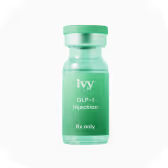


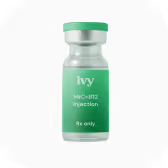


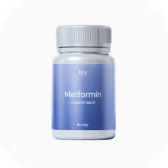

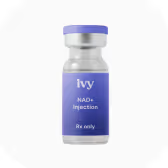
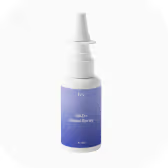


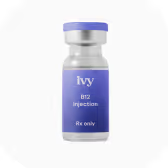
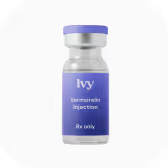
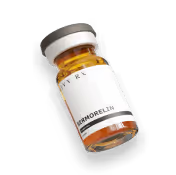
.avif)



